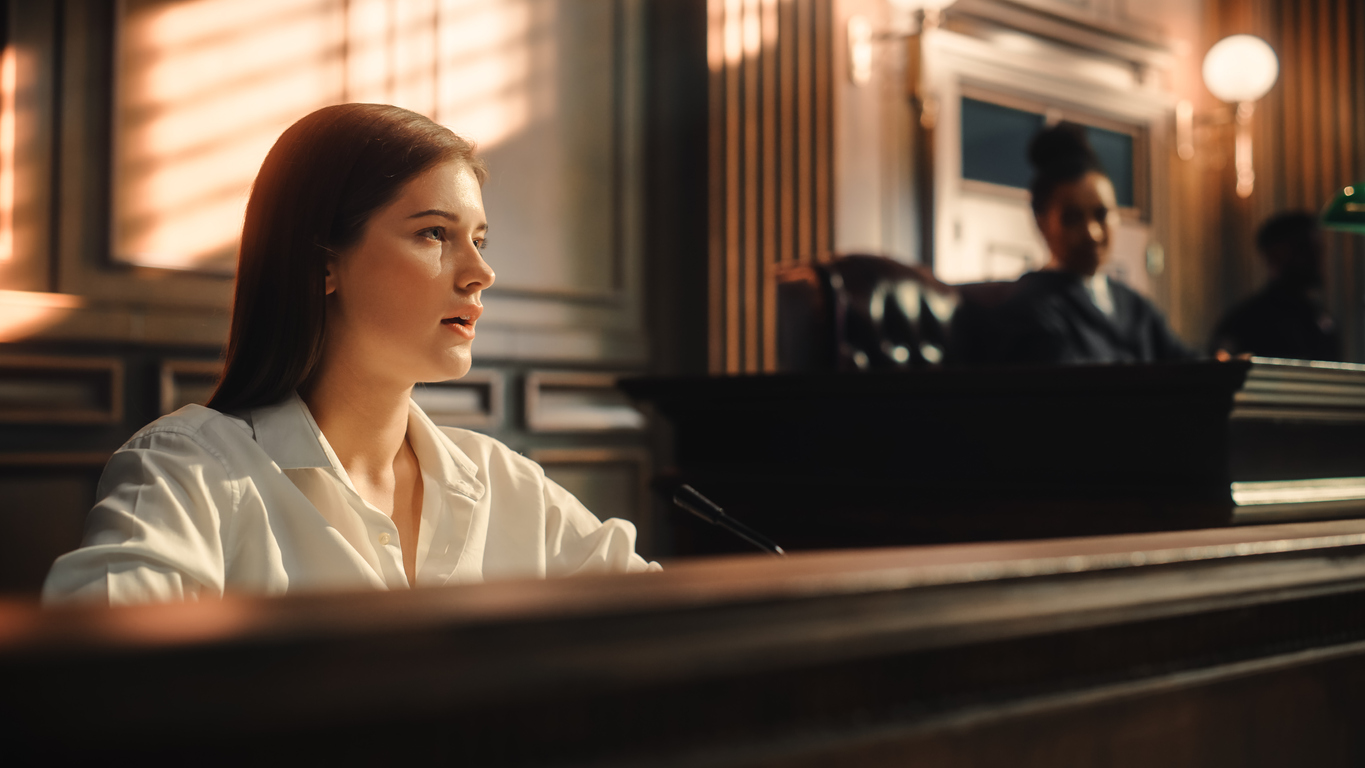Cofer Luster Criminal Defense Lawyers | September 18, 2024 | Criminal Defense

Understanding the process of dropping charges in criminal cases is crucial for defendants, as it can significantly impact their legal strategy and their future. By becoming knowledgeable about these options, defendants can actively participate in their defense and work toward achieving a favorable outcome.
Dropping Charges Is Up To the Prosecutor
The decision to drop charges in a criminal case primarily rests with the prosecutor. They evaluate the evidence and circumstances surrounding each case and have the authority to decide whether to pursue or drop the charges – often referred to as dismissing the charges.
The following are some of the most common reasons criminal charges are dropped:
Insufficient Evidence
One of the most common reasons for dropping charges is insufficient evidence to support a conviction. If the prosecutor determines that the evidence does not meet the legal threshold for a strong case, they may opt to drop the charges to avoid wasting judicial resources and to uphold the integrity of the legal system.
Witness Credibility Issues
Witnesses play a critical role in the prosecution of criminal cases. If there are doubts regarding the credibility or reliability of a witness, such as inconsistencies in their statements or potential biases, the prosecutor may decide to drop the charges.
Ensuring that the evidence presented in court is credible and convincing is vital for securing a conviction. A lack of trustworthy witness testimony can severely weaken the case against the defendant.
Plea Bargaining
Plea bargaining often leads to dropped charges. A plea bargain is a compromise between the defense and prosecution, where you may agree to plead guilty to a lesser offense in exchange for the dropping of more serious charges. This strategy can be advantageous if there’s compelling evidence against you. By securing a deal, you can avoid the uncertainty of trial, benefitting from a lighter sentence and facing less severe consequences overall.
Changes in Circumstances
Changes in circumstances surrounding a case can also lead to the dropping of charges. This may include new evidence that emerges after the initial filing, developments in the defendant’s personal situation, or issues related to the conduct of law enforcement during the investigation.
For instance, if new information supports the defendant’s innocence or suggests a lack of intent, the prosecutor may reassess the viability of the charges and choose to drop them to ensure justice is served.
Legal Defenses
Legal defenses play a crucial role in the determination of charges within the criminal justice system. They encompass various strategies employed by the defendant to challenge the prosecution’s case, which can lead to the dismissal of charges if successfully argued. Common defenses include alibi, self-defense, lack of intent, or evidence suppression due to unlawful search and seizure.
A lawyer can present this information to the prosecutor before going to trial. In some cases, the prosecutor may choose to drop the charges rather than face a potential loss in court.
The dynamics of a criminal case are complex, and various factors can influence the decision to drop charges. Working with an experienced criminal defense lawyer will give you the best chance of having your charges dropped before going to trial.
Victims Don’t Get To Drop Charges
A common misconception within the criminal justice system is that victims hold the authority to unilaterally drop charges against a defendant. While victims certainly play a vital role in the prosecution process, it is ultimately the prosecutor who has the discretion to decide whether a case will proceed following the initial filing of charges. That being said, the victim can make it difficult for the prosecutor to pursue their case if they decide they don’t want to press charges.
For example, if the victim refuses to cooperate with the prosecutor or recants their statement, the prosecution may have a weaker case without sufficient evidence. However, it is ultimately up to the prosecutor to decide whether they have enough evidence to proceed with charges.
If you are facing criminal charges and have questions about getting them dropped, contact us today to speak with a Fort Worth criminal defense lawyer.
Contact The Fort Worth Criminal Defense Law firm of Cofer Luster Criminal Defense Lawyers for Legal Help Today
For more information, please contact the Criminal Defense law firm of Cofer Luster Criminal Defense Lawyers for a consultation. Give us a call at (682) 777-3336 or visit our convenient location:
We serve Tarrant County and Fort Worth, TX surrounding areas.
Cofer Luster Criminal Defense Lawyers
604 E 4th St Ste 101, Fort Worth, TX 76102
